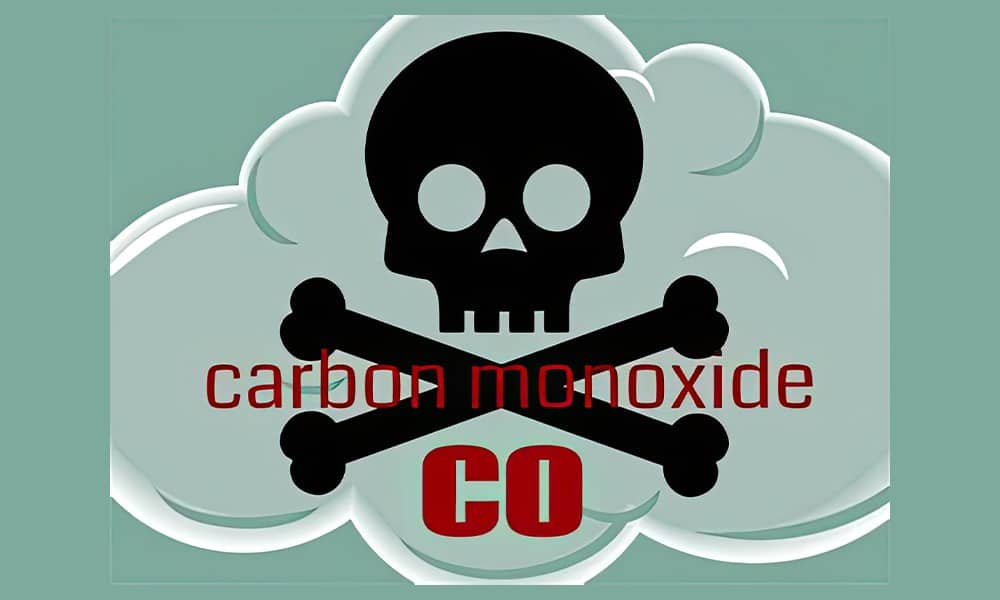The U.S. Embassy in Costa Rica issued a health alert on April 15, warning travelers of carbon monoxide risks after a U.S. teenager’s death at a Manuel Antonio hotel. Miller Gardner, 14, son of former New York Yankees outfielder Brett Gardner, died on March 21, 2025, from carbon monoxide poisoning at Arenas Del Mar Beachfront & Rainforest Resort, the Judicial Investigation Agency (OIJ) confirmed. The incident has prompted calls for improved safety measures in Costa Rica, where carbon monoxide detectors are not legally required.
OIJ Director Randall Zúñiga reported a carboxyhemoglobin level of 64% in Gardner’s blood, well above the lethal 50% threshold, per a toxicology report finalized April 2. Tests detected 600 parts per million of carbon monoxide in the hotel room, far exceeding safe levels, likely from a nearby mechanical room. “This supports our conclusion of death by toxic gas inhalation,” Zúñiga said, noting no drugs or other toxins were found. The OIJ, coordinating with the FBI, closed the case, forwarding findings to Forensic Medicine.
Arenas Del Mar initially disputed the OIJ’s findings, claiming on April 1 that guest room CO levels were “non-existent,” with high levels confined to the mechanical room, per a statement to the New York Post. The resort closed the room and cooperated with authorities. Costa Rica’s Ministry of Health launched a separate investigation into the hotel’s safety protocols, per an April 4 statement.
Carbon monoxide, an odorless, colorless gas from fuel-burning devices like generators, causes symptoms like dizziness, nausea, and confusion, per the U.S. CDC. Unconsciousness or death can occur without warning, especially during sleep. The embassy urged travelers to ask hotels about CO detectors, which cost $20–$50, and consider portable devices. Costa Rica lacks mandatory CO detector laws, unlike the U.S., where over 150 annual deaths are reported.
San José Hotels and CO Safety
| Hotel Type | CO Detector Status | Safety Tips |
|---|---|---|
| Luxury Resorts | Some voluntary detectors | Ask about CO monitoring |
| Budget Hotels | Rarely equipped | Carry portable detector |
| Vacation Rentals | Typically, none | Check ventilation systems |
The tragedy follows similar CO deaths, including three U.S. women in Belize in February 2025. In Costa Rica, tourism hubs like Manuel Antonio face scrutiny as bookings rise. Visitors can report concerns to OIJ at 506-2295-3000 or the U.S. Embassy at 506-2519-2000.






